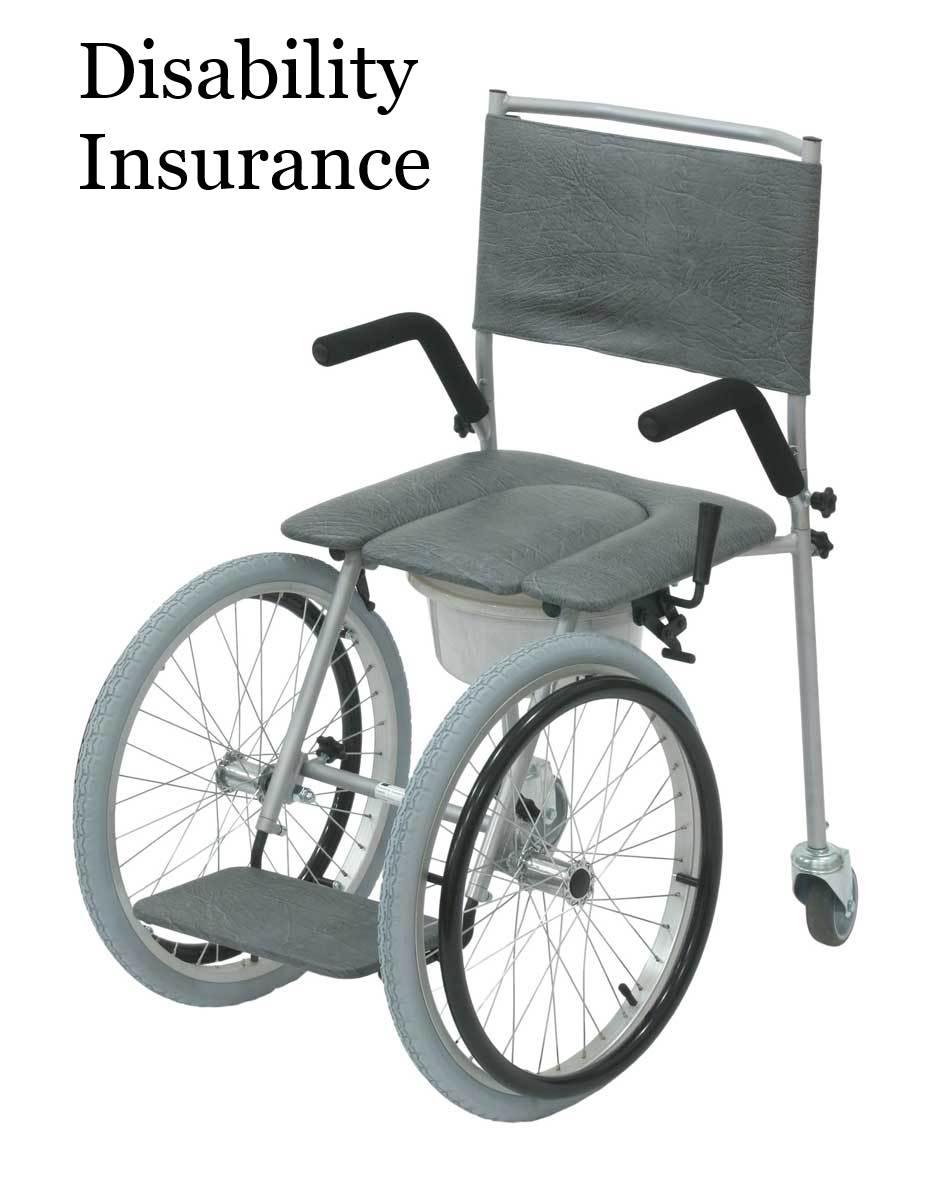| |
 |
 |
Personal Disability Insurance
Types of Poiicies and How they WorkDisability insurance pays a tax free benefit if you become disabled due to an injury or sickness. The amount of coverage cannot exceed two thirds of your income. You can choose your benefit period from 2 years up to age 65. Some insurance companies offer disability insurance policies with partial refunds, if no claims have been paid or the claims have been minimal. Insurance companies will also allow the policy to stay in force after age 65, if one is still working. Self-employed business owners will fall into two categories, skills trades and professionals. Business owners can be sole proprietors, partners in a partnership, or shareholders in their corporation. Self-employed skilled trades and professionals that need affordable coverage can also buy disability insurance with no medicals or proof of income. There are also specialty products that are not based on income, called fracture benefits. Fracture benefits can be purchased for all ages and are ideal for sports related injuries. The type of policy one is able to qualify for is based on a number of factors:
This will determine the type of policy one is eligible to buy, the cost of insurance and optional benefits. What the Disability Policy Will Pay ForSome policies pay for injury and sickness others pay for injury only. You can choose your benefit period of 5 years or to age 65. Insurance companies will also offer optional benefits you can add to your disability insurance policy. The better the definition of disability, the longer the benefit period, the more optional benefits you add, the higher the premium. Definition of DisabilityThe definition of disability is the most important factor in determining what the policy will actually pay for. The better the definition of disability the higher the premium. There are three types of definitions of disability:
Own occupation and regular occupation are the most desirable definitions that provide coverage for what you actually do for a living. Any occupation is a much broader definition and total disability is the shallowest definition. Corporate Owned Disability Insurance PoliciesPremiums can be paid by the corporation for incorporated business owners. These types of arrangements are called salary continuation plans, they require more than one person to be insured in the plan. Insurance agents and business owners assume it is always better to have the policy paid for by the corporation. Having the policy paid for by the corporation may not always be advantageous. To maximize your disability benefits several factors have to be taken into account. If the policy is paid for personally with after tax dollars the benefits are tax free, if the policy is paid for by the corporation with pre-tax dollars the benefits are taxable. However if one has passive income from a rental property, mutual funds, segregated funds, GIC's, stocks, bonds or other investments they would still have income even if disabled. In order to determine the optimum way to receive disability benefits one needs to calculate the amount of taxable income one is generating from passive income. If the amount generated from passive income is substantial then it is more advantageous to purchase the disability insurance policy personally and receive the benefits tax free. Cancellable and Non-Cancellable Disability Insurance PoliciesAnother important consideration is if the disability insurance policy can be cancelled by the insurance company. Insurance companies offer non-cancellable disability insurance policies that can only be cancelled for non-payment of premium. Underwriting and Pre-existing ConditionsDisability insurance has more stringent criteria for underwriting than other types of insurance. If a person has a pre-existing medical condition, it is excluded from the disability insurance policy and can no longer be insured. Take advantage of your age and good health buy disability insurance as soon as you start your business, or become self-employed. Once the disability policy is in force any medical conditions you develop after you buy the policy will not be excluded. Short Term and Long Term Disabiltiy InsuranceDisability insurance policies can cover both short term and long term disabilities. Short term disability (otherwise known as weekly indemnity or first day accident) provides income in the early part of a disability of two weeks to 150 days. Long term disability provides income for an extended period of time and comes into effect after the short term disability benefits have ended. The most common periods of coverage offered for long term disabilities are five years or to age 65. Optional Benefits in Disability Insurance Policies
Disability insurance is a highly specialized field that requires guidance and advice of a knowledgeable insurance broker. There are only a few companies offering individual disability insurance in Canada. Shopping for disability insurance will not result in savings due to lack of competition. The cost of disability insurance can be high. One of the methods of lowering your premium is to adjust the waiting period. Disability insurance is a complex product, let Stone-Hedge Financial Group Inc. customize a disability insurance policy to suit your needs and budget.
Contact Us for a Disability Insurance Quote
The information provided on this web site is intended for general information only. It should not be construed as legal, accounting, tax or specific insurance and investment advice. Clients should consult a professional advisor concerning their situations and any specific insurance and investment matters. While reasonable steps have been taken to ensure that this information was accurate as of the date hereof, Stone-Hedge Financial Group Inc. and its affiliates make no representation or warranty as to the accuracy of this information and assume no responsibility for reliance upon it. |
Quick LinksPlease provide your contact information an Insurance Broker will contact you. |




